Discover how to eat better as a senior with these superfood choices.

Eating well in our later years isn’t just a matter of keeping hunger at bay—it’s a daily opportunity to enhance vitality, sharpen the mind, and nourish the body from the inside out. As we age, our nutritional needs shift. Our metabolism slows down, our muscle mass may decrease, and our risk for chronic conditions tends to rise. This means that every bite we take matters more than ever.
Superfoods—nutrient-dense foods that deliver exceptional health benefits—are a senior’s secret weapon for aging well. By including a range of these powerful foods in your diet, you can address specific health concerns such as cognitive decline, bone health, and inflammation. In this article, we’re highlighting 13 of the best superfoods for older adults.
1. Blueberries: Nature’s antioxidant powerhouse.
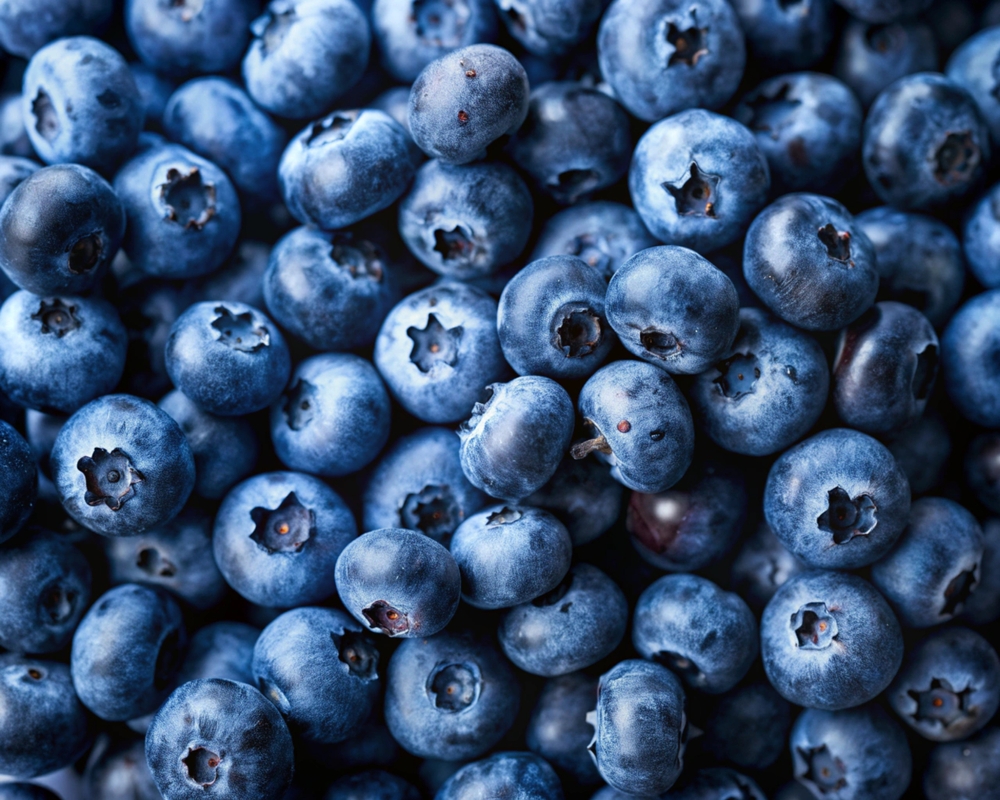
Blueberries are among the most recommended fruits for seniors, and for good reason. These tiny blue gems pack a remarkable nutritional punch. Loaded with antioxidants like anthocyanins and flavonoids, blueberries help neutralize free radicals in the body, protecting your cells from damage over time. This makes them particularly helpful for preventing conditions like heart disease, high blood pressure, and even certain cancers. Plus, they contain vitamin C and fiber, which support a healthy immune system and digestion. Their naturally sweet taste also makes them a favorite for enhancing breakfasts, snacks, and desserts.
What sets blueberries apart for seniors is their effect on brain health. Multiple studies have linked blueberry consumption with slower cognitive decline and improved memory retention in older adults. One study showed that individuals who consumed blueberry juice daily experienced measurable improvements in memory and brain function after just 12 weeks, as reported at the National Institutes of Health. Incorporating them into your diet is easy—sprinkle them over cereal, toss them into smoothies, or just enjoy them fresh from the bowl.
2. Spinach: The ultimate leafy green for seniors.
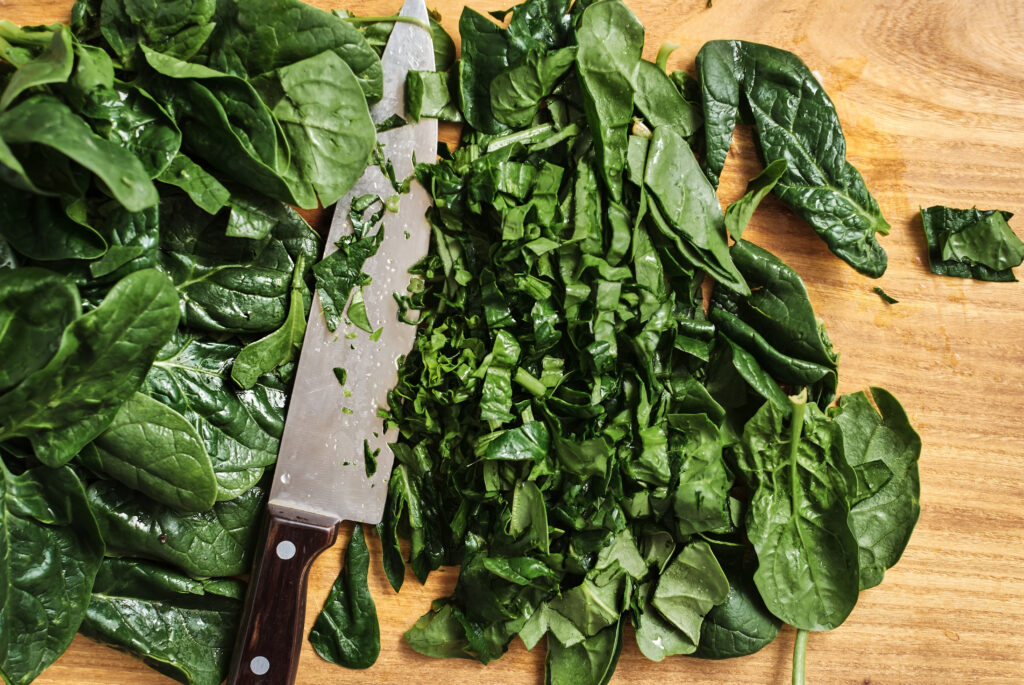
Spinach isn’t just a green side dish—it’s a nutritional powerhouse that deserves a starring role in your meals. It’s rich in vitamin K, which is essential for bone strength and blood clotting, and also contains high levels of magnesium, iron, and folate. For seniors, this means stronger bones, better energy levels, and a reduced risk of conditions like osteoporosis. Just a single cup of raw spinach contains almost half of your daily recommended intake of vitamin A, which supports immune health and eye function.
One of the standout benefits of spinach for older adults is its eye-protective properties. It contains lutein and zeaxanthin, antioxidants that help shield the eyes from harmful light and reduce the risk of age-related macular degeneration, as stated at the American Optometric Association. Whether you enjoy spinach raw in salads, steamed as a side dish, or blended into smoothies, it’s a versatile and easy way to boost your intake of critical nutrients that help maintain independence and vitality.
3. Salmon: A rich source of omega-3 fatty acids.

Salmon isn’t just delicious—it’s one of the most powerful foods for maintaining brain and heart health in your golden years. Rich in omega-3 fatty acids, particularly EPA and DHA, salmon helps reduce systemic inflammation, lower triglyceride levels, and support cardiovascular function. These benefits are especially important for seniors who face higher risks of stroke and heart disease. The lean protein in salmon also contributes to muscle maintenance, helping to counteract the natural muscle loss that comes with age.
What makes salmon especially compelling for aging adults is its role in protecting cognitive function. Studies have shown that people who eat fatty fish like salmon regularly are less likely to suffer from memory problems and conditions like Alzheimer’s disease. Omega-3s also support better mood regulation, making salmon a smart addition to a senior’s weekly meal plan. Eating it twice a week—grilled, poached, or baked—can provide significant health benefits, as mentioned at the American Heart Association.
4. Almonds: A heart-healthy snack.
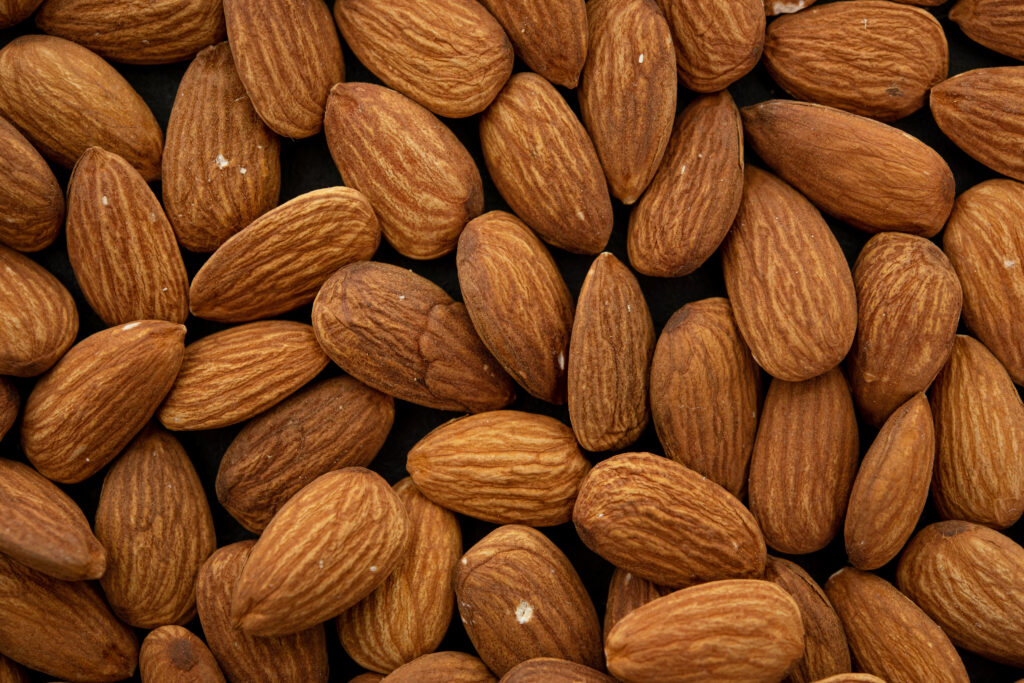
Almonds are more than just a satisfying crunch—they’re a convenient and powerful way to protect your heart and brain. These nuts are rich in monounsaturated fats, which help reduce bad cholesterol levels and support healthy blood vessels. For seniors concerned about heart disease, almonds offer a tasty form of prevention. They also contain vitamin E, an antioxidant that plays a critical role in protecting the brain from oxidative stress and preserving cognitive function.
What’s particularly beneficial about almonds is their portability and versatility. You can snack on them straight from the bag, sprinkle them on oatmeal, or blend them into smoothies. Just a small handful a day can offer significant protection against inflammation and cellular damage. For seniors with smaller appetites or higher caloric needs, almonds provide an energy-dense way to stay nourished without eating large portions.
5. Sweet potatoes: A vibrant source of vitamins.
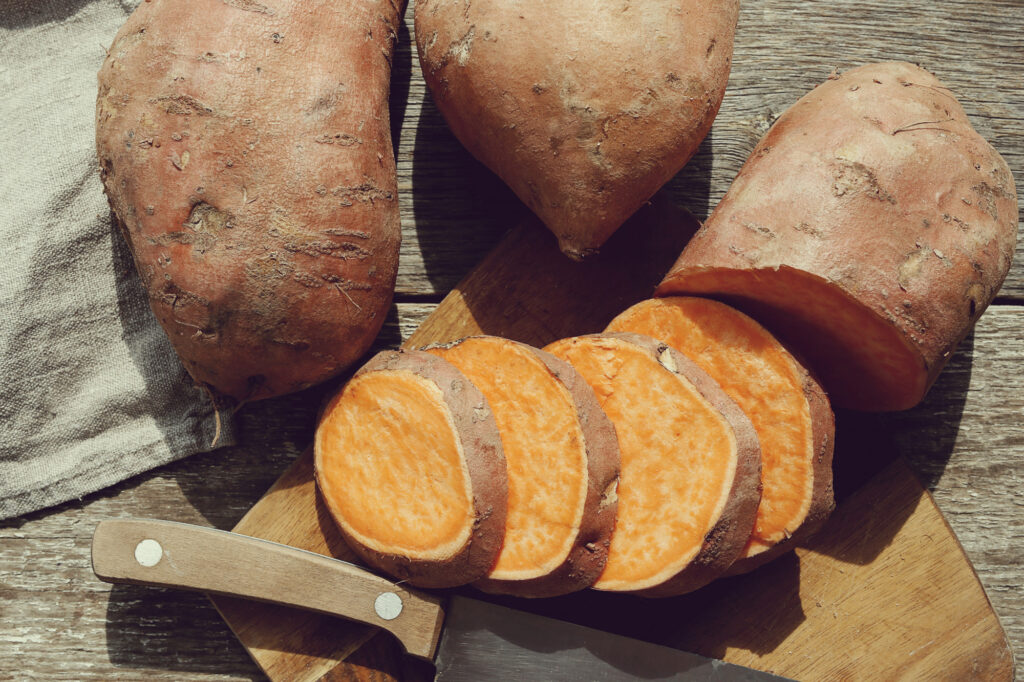
Sweet potatoes aren’t just colorful and delicious—they’re a nutrient-rich addition to your plate that offers real health benefits. High in beta-carotene, which the body converts into vitamin A, sweet potatoes support eye health, immune function, and skin integrity. This is especially important for seniors, whose ability to convert beta-carotene may decrease with age. They’re also a good source of fiber, which helps regulate digestion and keep blood sugar levels stable.
Their natural sweetness makes them incredibly versatile for both sweet and savory dishes. You can roast them with olive oil and herbs, mash them with cinnamon, or slice them into wedges for baking. Sweet potatoes also contain potassium, which can help manage blood pressure. Including them in your diet on a regular basis is a delicious way to support long-term wellness.
6. Walnuts: A brain-boosting superfood.
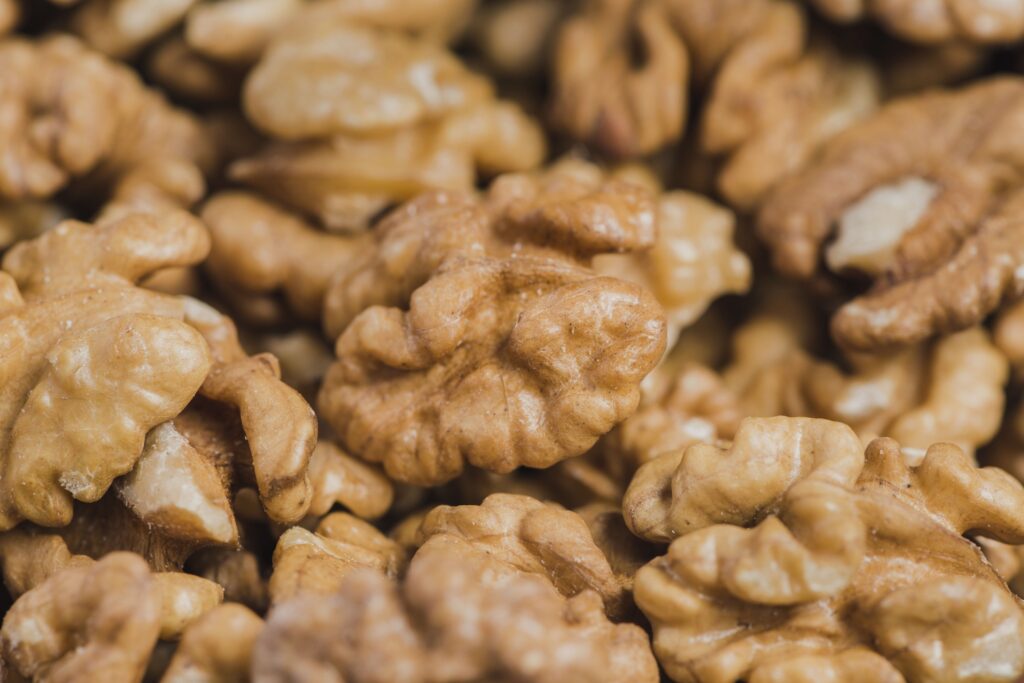
Walnuts stand out among nuts for their high concentration of alpha-linolenic acid (ALA), a plant-based omega-3 fatty acid that supports brain and heart health. This is particularly beneficial for seniors, as maintaining cognitive function and cardiovascular health becomes more critical with age. Walnuts also contain antioxidants and vitamin E, which protect brain cells from oxidative stress and may lower the risk of neurodegenerative diseases.
Incorporating walnuts into your diet can be as simple as adding them to a salad, yogurt, or a morning bowl of oatmeal. They’re also great blended into sauces or ground into spreads. A small serving daily can offer protection against inflammation and improve mental sharpness, making walnuts a smart and tasty addition to a senior’s nutritional routine.
7. Greek yogurt: A protein-packed probiotic.
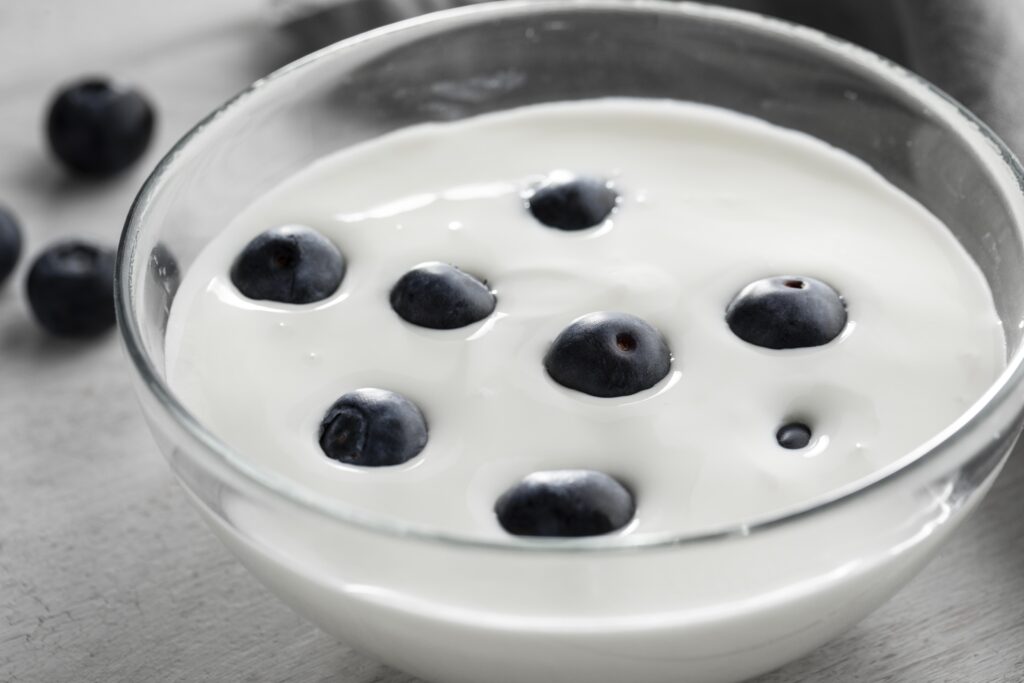
Greek yogurt offers an ideal combination of protein, calcium, and probiotics, all of which are especially important for seniors. As we age, muscle mass naturally decreases, so consuming adequate protein is crucial to preserving strength and mobility. The calcium in Greek yogurt helps maintain bone density, reducing the risk of fractures and osteoporosis. Probiotics support a healthy gut microbiome, which is increasingly recognized as central to immune and mental health.
The creamy texture and mild flavor of Greek yogurt make it easy to enjoy any time of day. Choose plain, unsweetened varieties to avoid added sugars and add your own mix of fruit or nuts. Greek yogurt is not just a snack—it’s a foundation for maintaining resilience and energy well into your senior years.
8. Avocados: A creamy nutrient-dense fruit.
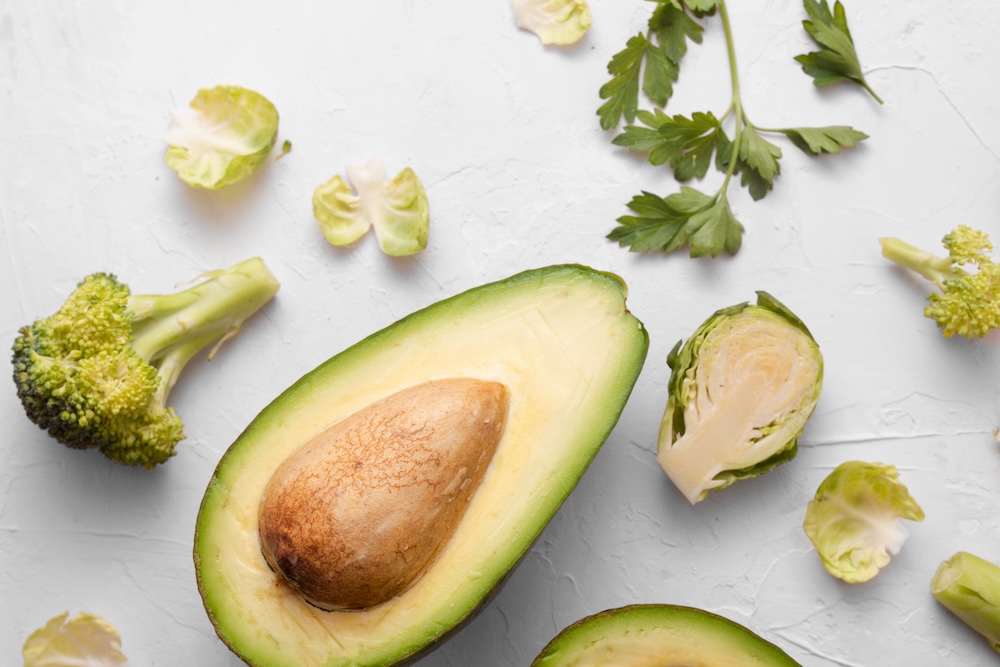
Avocados offer a powerful nutritional profile that makes them an excellent choice for seniors. Rich in heart-healthy monounsaturated fats, avocados help lower bad cholesterol and promote cardiovascular health. They’re also loaded with fiber and potassium, nutrients that support digestive regularity and help control blood pressure. Avocados are naturally low in sugar, making them suitable for seniors managing blood glucose levels.
They’re incredibly easy to incorporate into meals—mash them onto toast, toss them into salads, or blend them into a smoothie for a creamy boost. The healthy fats in avocados also help your body absorb fat-soluble vitamins like A, D, E, and K. This makes avocados a foundational ingredient for seniors focused on graceful aging and long-term wellness.
9. Oats: A fiber-filled breakfast staple.
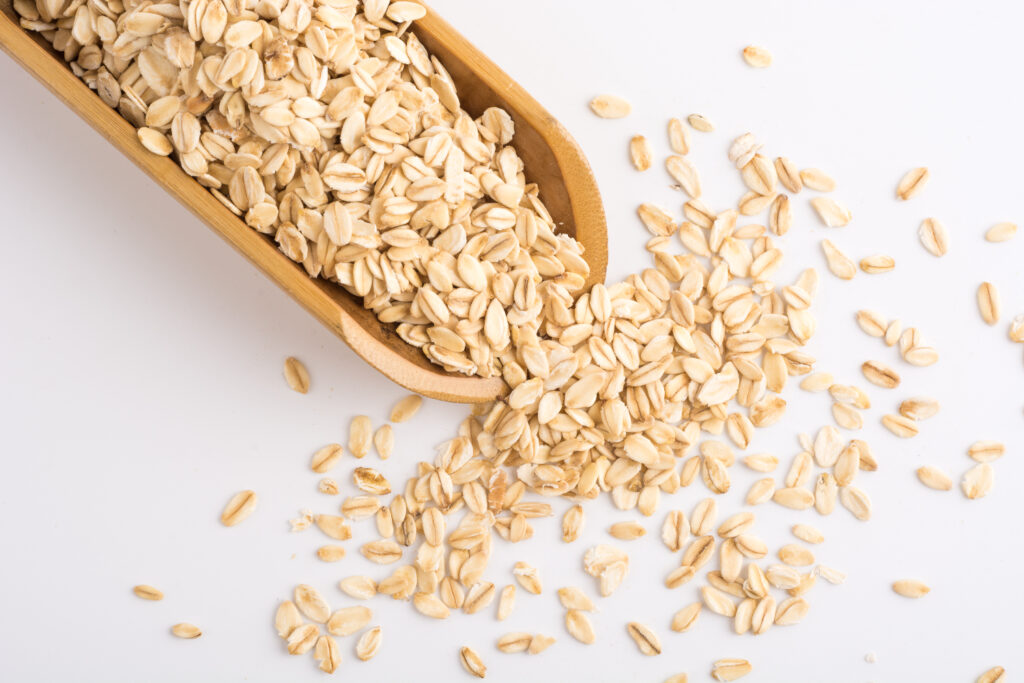
Oats are a go-to whole grain for promoting heart and digestive health. They’re packed with soluble fiber, particularly beta-glucan, which helps reduce LDL cholesterol levels and regulate blood sugar. This makes them ideal for seniors managing conditions like heart disease or diabetes. Oats are also a gentle food for the digestive system, helping to ease constipation and promote regularity.
Their versatility makes oats an easy addition to the daily routine. You can cook them into a warming bowl of oatmeal, bake them into muffins, or even blend them into smoothies. Topping oats with fruits, seeds, or nuts creates a balanced and satisfying meal. Oats are both budget-friendly and powerful—a true staple for senior nutrition.
10. Broccoli: A cruciferous powerhouse.
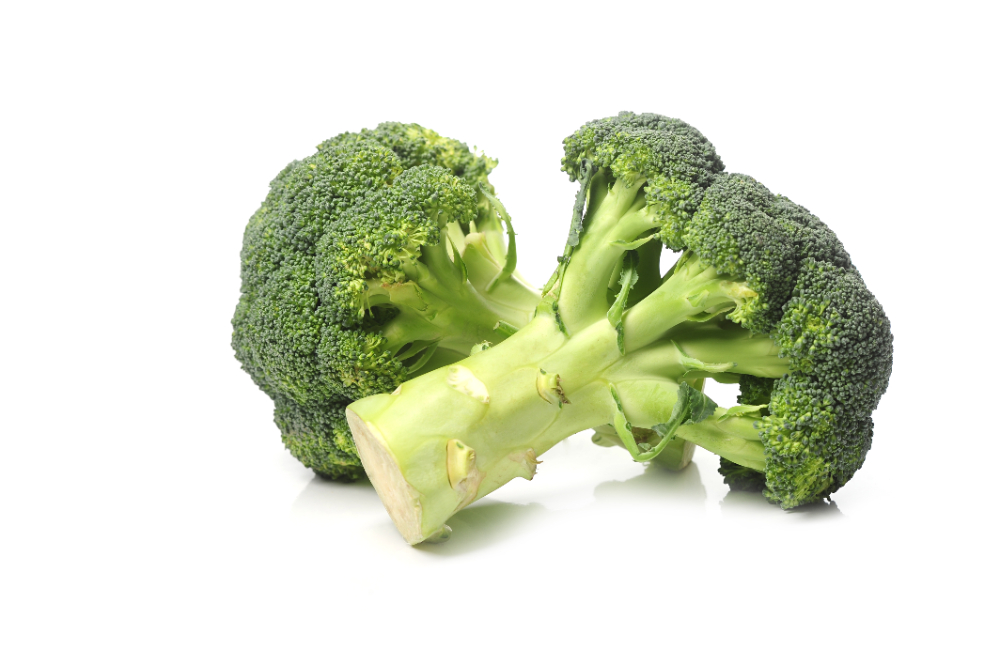
Broccoli is one of the most beneficial vegetables for aging adults. Packed with vitamins C and K, calcium, and sulforaphane—a compound known for its anti-cancer properties—broccoli helps build bone strength, boost immunity, and detoxify the body. For seniors at risk of osteoporosis or chronic inflammation, this cruciferous vegetable offers a natural solution.
It’s also easy to prepare and enjoy. Whether roasted, steamed, or added to soups and casseroles, broccoli brings both flavor and nutritional heft to the table. Its fiber content helps regulate digestion, and its antioxidant profile supports cellular health. Making broccoli a regular part of your diet is a simple way to stay strong and resilient.
11. Dark chocolate: A sweet indulgence with benefits.

Dark chocolate, particularly varieties with at least 70% cocoa, offers antioxidants and flavonoids that promote cardiovascular health. These compounds help reduce blood pressure, improve circulation, and protect the brain. For seniors, a small daily serving can offer mood-lifting benefits and even help ward off memory decline.
Enjoying dark chocolate in moderation is a pleasure that supports wellness. Try pairing it with berries, melting it over fruit, or simply savoring a few squares on their own. As long as it’s consumed mindfully, dark chocolate can be both a treat and a tool for better aging.
12. Lentils: A plant-based protein source.
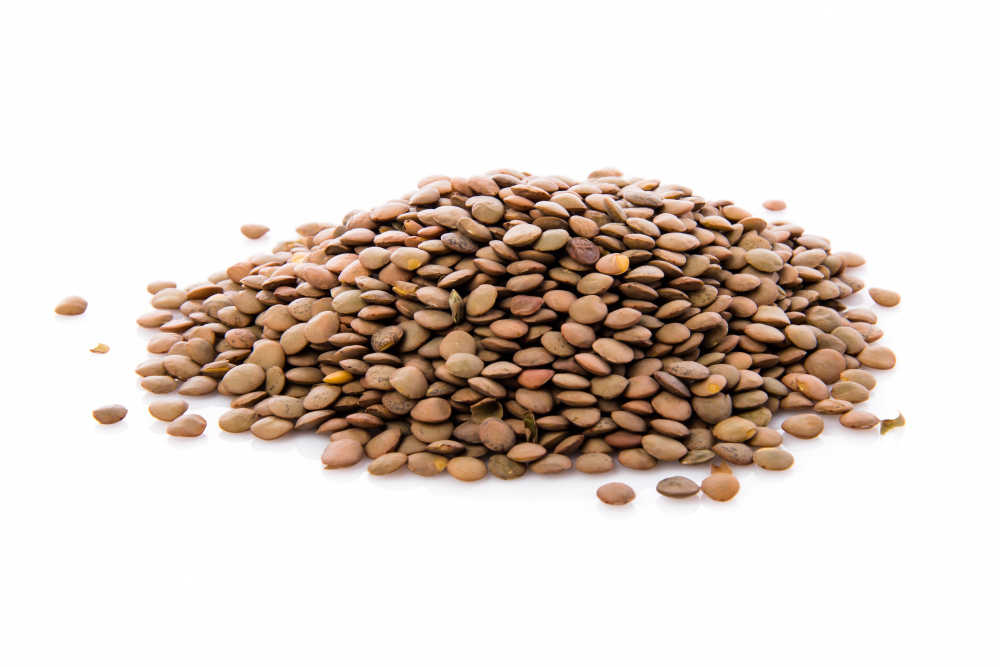
Lentils are a nutritional treasure, especially for seniors looking to include more plant-based meals. They’re rich in protein, fiber, iron, and folate—all critical nutrients for maintaining energy, supporting heart health, and aiding digestion. Lentils also have a low glycemic index, making them a good option for blood sugar control.
From hearty soups to refreshing salads, lentils can be used in countless ways. They’re affordable, filling, and easy to cook. Whether you’re vegetarian or just looking to cut back on meat, lentils offer a delicious and wholesome solution that supports strong muscles and a healthy gut.
13. Green tea: A soothing, antioxidant-rich beverage.
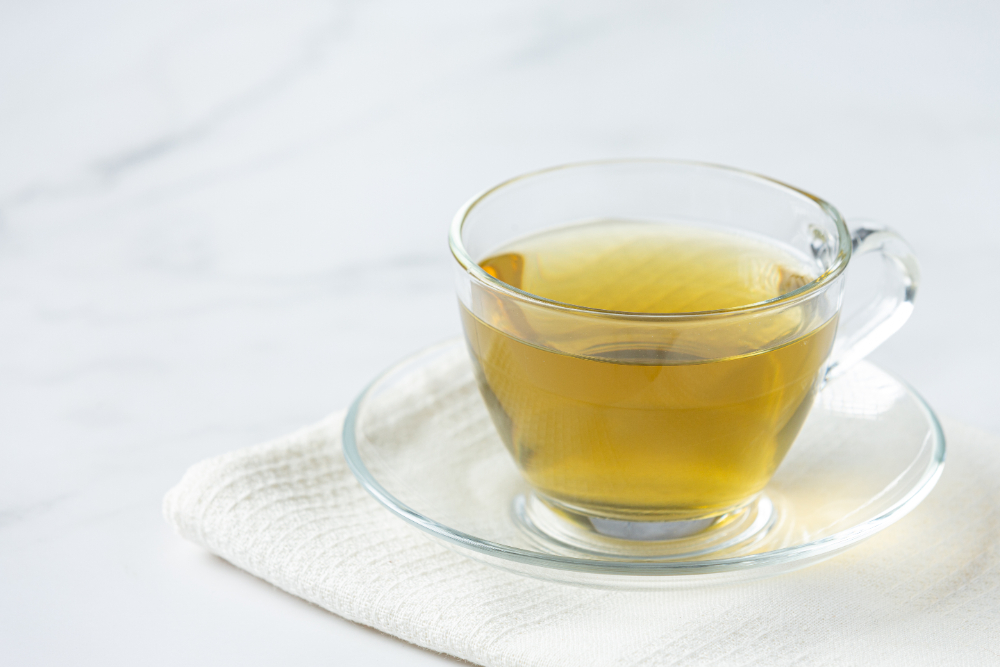
Green tea is more than a soothing drink—it’s a wellness ally for seniors. It contains catechins, potent antioxidants that help reduce inflammation, support heart health, and enhance brain function. Regular green tea consumption has been associated with lower risks of stroke and cognitive decline, while also offering calming effects on the nervous system.
Swap out sugary or caffeinated drinks for a warm cup of green tea in the afternoon or evening. Whether hot or iced, green tea supports hydration and offers a peaceful ritual that contributes to long-term health. It’s a small habit that can make a big difference.
